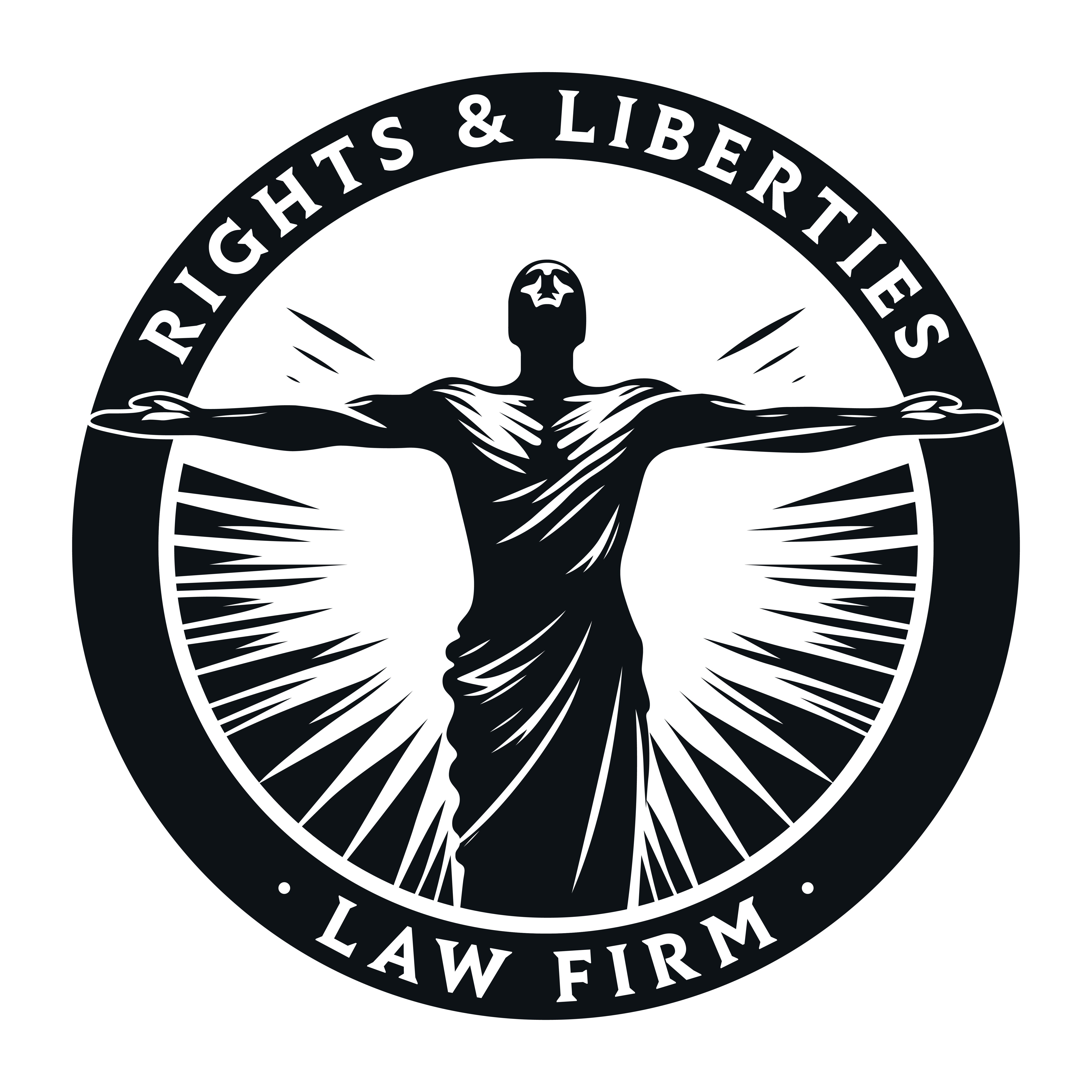False Arrest or Unlawful Arrest in Colorado
What is false arrest or unlawful arrest in Colorado?
False arrest, also known as unlawful arrest, is a warrantless arrest unsupported by probable cause. The Fourth Amendment of the United States Constitution and Article II, section 7 of the Colorado Constitution protects individuals from unreasonable seizures. A seizure occurs when a police officer restrains a person’s liberty. An arrest is a seizure that occurs when, in view of all the circumstances, a reasonable person would believe that he or she is not free to leave. Warrantless arrests are presumed to be unconstitutional. To be valid, a warrantless arrest must be supported by probable cause or justified under one of the narrowly tailored exceptions to the warrant requirement. Probable cause exists when the facts and circumstances within the arresting officer’s knowledge are sufficient to support a reasonable belief that a crime has been or is being committed by the person arrested.

The Fourth Amendment to the United States Constitution and Art, II section 7 of the Colorado Constitution protect a person’s right to be free from unreasonable seizures. When a person has been arrested without a warrant or probable cause that person may have been subject to an unreasonable seizure in violation of their constitutional rights. This constitutional violation may be actionable as a false arrest civil rights suit.
As citizens have a constitutional right to be free from warrantless arrests unsupported by probable cause, if the individual who made the false arrest is a government official, which police officers are, then the citizen has the right to bring a civil rights suit under 42 U.S.C. § 1983 and C.R.S. § 13-21-131.
The purpose of a false arrest civil rights suit is to compensate a person for attorney fees, costs, psychic damage, loss of reputation, loss of income while in jail, and other damages stemming from having been arrested without probable cause or a warrant.
Proving a false arrest or unlawful arrest in Colorado
In a claim for false arrest, the plaintiff must prove by the preponderance of the evidence each element of false arrest, that
- The Defendant was a “peace officer;”
- the Defendant arrested Plaintiff;
- at the time of the arrest the Defendant did not have a warrant for Plaintiff’s arrest.
If the jury finds that all three elements of false arrest have been proven by the preponderance of the evidence, the jury must then consider the Defendants affirmative defense of an exception to the constitutional warrant requirement that allows for an arrest supported by probable cause.
Probable cause exists where the objective facts and circumstances available to a reasonably cautious police officer warrant the belief that an offense has been committed or is being committed by the person arrested.
If the jury doesn’t find that the Defendants have met their burden of proving that probable cause existed, then the verdict must be for the Plaintiff and the Defendant must be found liable for false arrest.
What is the statute of limitations for a false arrest civil rights claim in Colorado?
The statute of limitations for civil rights suits in Colorado brought under 42 U.S.C. § 1983 or C.R.S. § 13-21-131 is two years from the time a cause of action accrues. False arrest civil rights claims arising out of police actions toward a citizen are presumed to have accrued when the actions actually occurred.
Contact Denver’s trusted false arrest attorney to find out if you have a viable false arrest case
False arrest cases are often complex as they require an in depth understanding of the Constitution and Fourth Amendment and seizure related jurisprudence. When a person is falsely arrested they can experience a wide array of harms including embarrassment, loss of reputation, lost income, lost housing, job termination, lost medical care, and wrongful incarceration. False arrest cases require thorough investigation and steadfast advocacy to prevail in court. A skilled false arrest attorney can help you hold the police officers who arrested you without a warrant or probable cause accountable for violating your constitutional rights.
To know whether or not you have a viable false arrest case, the first step is to contact Rights & Liberties Law Firm to start your free police misconduct civil rights case evaluation. If your rights have been violated and your liberties trampled by a cop who falsely arrested you, the attorneys at Rights & Liberties Law Firm are here to fight for you and get you the justice and compensation you deserve.
Three-Step Path to Civil Rights Representation
Step one. If you’ve been the victim of police brutality or a government officer has
violated your or a loved one’s rights, complete our Free Civil Rights Case Evaluation.
Confidentially upload videos, photos, and other documents of evidentiary value directly
to our civil rights case evaluation portal and start the process of holding those who abuse
their powers accountable for violating your rights. Civil rights cases rise and fall on the
facts of the case. Our Free Civil Rights Case Evaluation is designed to gather the
information necessary to determine if you have a case where we can vindicate your rights
and get you the justice and compensation you deserve. Be sure to answer each question
in our Free Civil Rights Case Evaluation in a detailed and clear manner.
Step two. Our team will evaluate your case. If we need additional information from you
to complete your case evaluation we will contact you. Once we’ve completed your case
evaluation, we will promptly contact you to let you know if we can help you with your
case. If so we’ll schedule a consultation to learn more about your story.
Step three. During our consultation we’ll determine if there’s a viable path to vindicate
your rights. If there is, and you’re ready to hold those accountable who violated your
rights, we’ll provide you with a contingency fee agreement to review and sign. Then the
fight is on. You pay nothing until we’re victorious.
